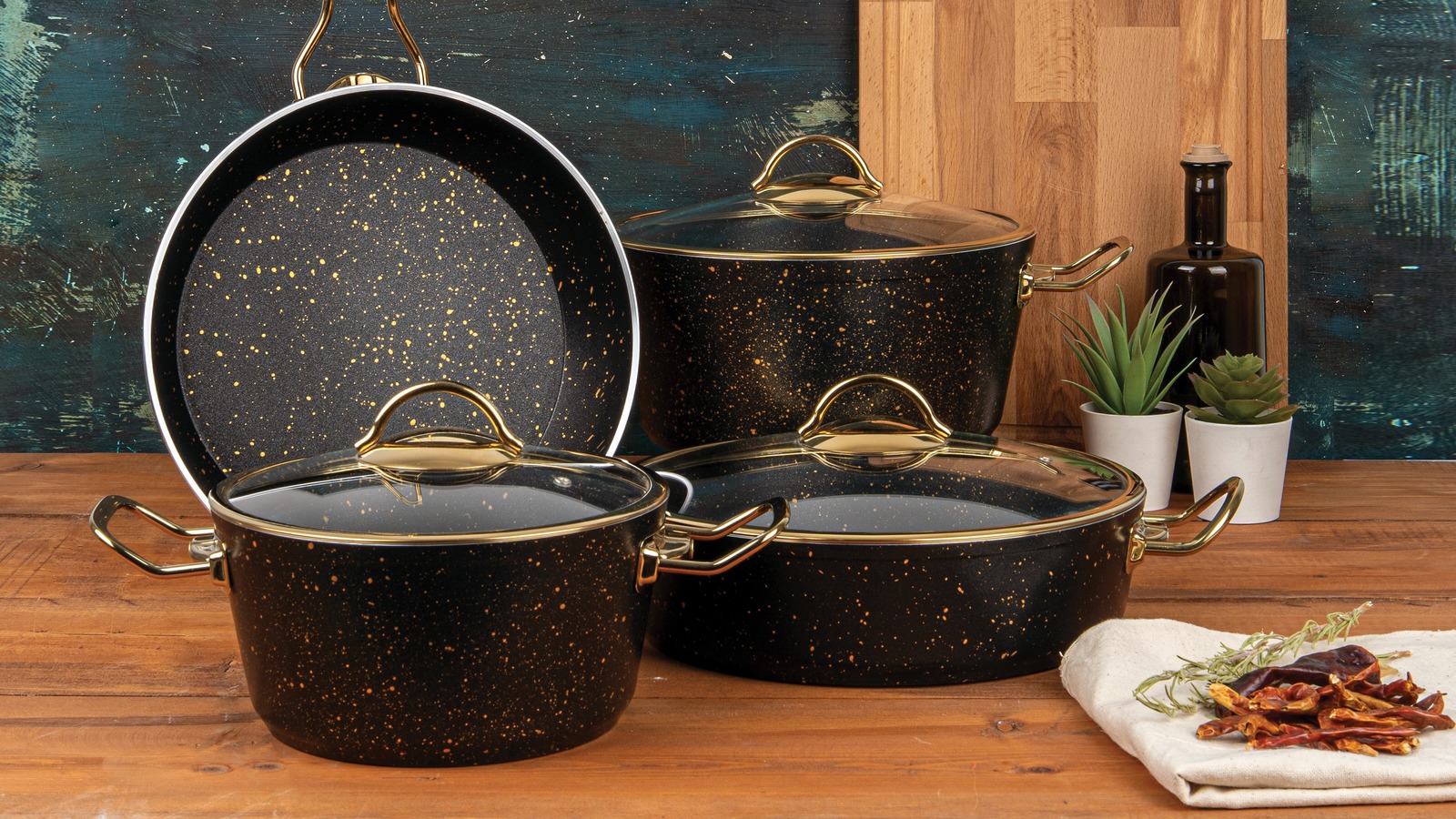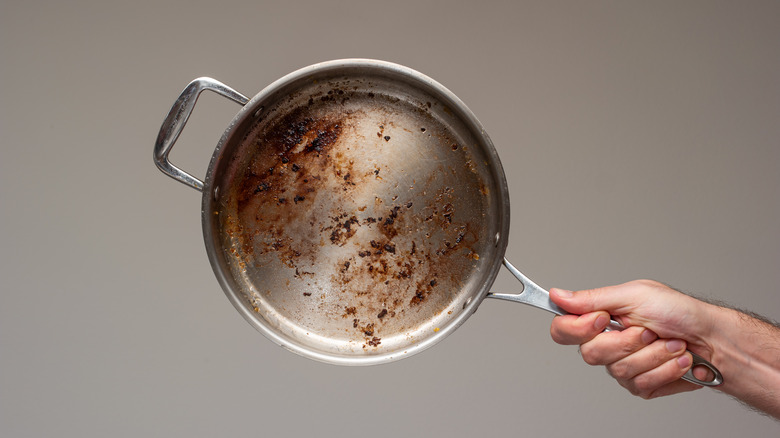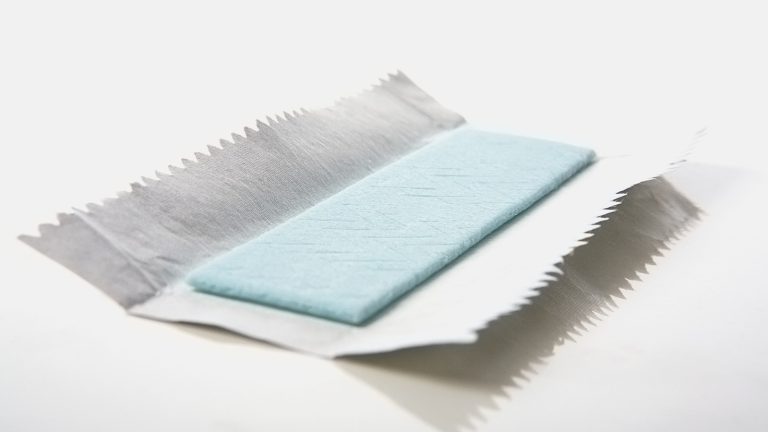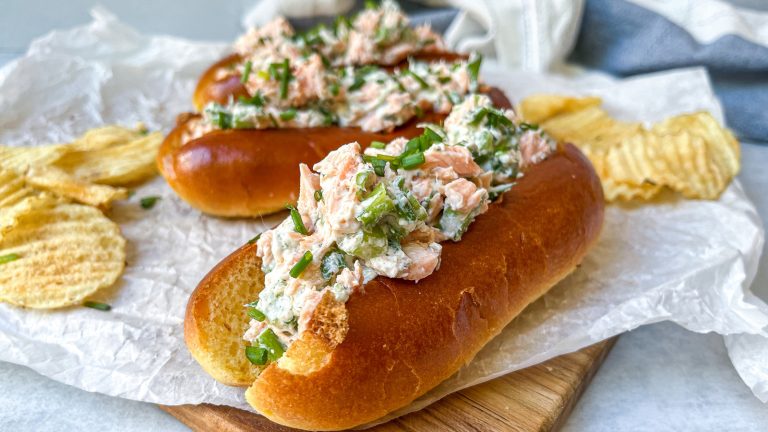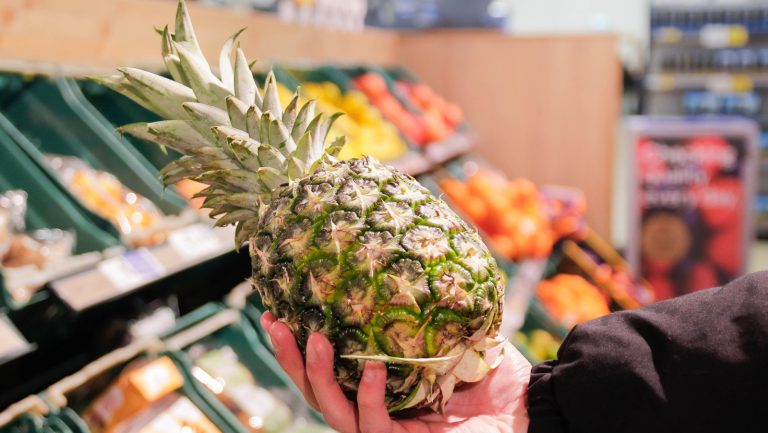How many times have you found yourself too lazy to move your leftovers from the pot to a container after you’ve finished eating, or piled up dirty utensils in the sink, figuring you’d just leave them out overnight? Let’s be honest, making that one-pot turkey taco pasta was pretty epic, but just the thought of coming near the sink and washing the dishes feels like a workout you’re too full and tired to even attempt. Besides, what’s the worst thing that could happen, right?
Well, it turns out that little moment of procrastination of leaving dirty pots and pan in the sink — every millennial’s guilty pleasure — might have cost you both your leftovers and the lifespan of your cookware. Leftovers are better off in the trash if left out for more than two hours, according to the USDA. More importantly, traces of food lingering in your unwashed pots or pans is a dream come true for bacteria like Escherichia coli and Salmonella, which can spread on your vessels if not cleaned off right away. And before you even realize it, you’ve signed yourself up for a serious case of food poisoning.
Bacteria aside, leaving cookware unwashed can also shorten its lifespan. Say you grabbed one of the many popular store-bought marinara sauces, and you took out your favorite cast-iron or stainless steel pan to give the sauce a little upgrade and make it taste homemade. However, tomatoes, whether canned or fresh, are pretty acidic, and they go as low as 4.3 on the pH scale. When that acidity sits in your pan overnight, it can actually start to eat away at the surface and cause some serious damage — including ugly stains and discoloration — over time.
Acidic foods are just the beginning
Just like tomatoes, leftover vinegar, citrus, or wine sitting in a dirty, unseasoned cast-iron pan for hours can not only strip the protective layer, but also cause iron to leach into your food the next time you cook, causing it to taste oddly metallic. Moreover, uncoated aluminum cookware isn’t off the hook either, as it too can leach metals into your food when exposed to acid for hours. That’s why cookware like stainless steel, enamel-coated cast iron, and lined copper is often considered the safest choice. However, even though stainless steel is widely praised for its long-lasting quality and outstanding cooking performance, it isn’t completely immune to rust either. Hence, prolonged exposure to harsh cleaning chemicals, foods with salt, heat, and even moisture can severely damage its protective chromium oxide layer — which provides resistance to both corrosion and everyday wear — leaving the surface vulnerable to rust.
So even if you feel completely wiped out after having a meal, washing your cookware straight away will make a massive difference. The good old-fashioned method of scrubbing with soapy water followed by a clean rinse is all you need to keep your cookware spotless and long-lasting, without constantly having to spend money on replacements. And if you’re worried about how to clean stainless steel pans with ease and are considering soaking them in warm water to loosen stuck-on remains, know that a little dish soap, along with some vinegar and baking soda is all it takes to prevent buildup and keep them perfectly clean and shiny.


